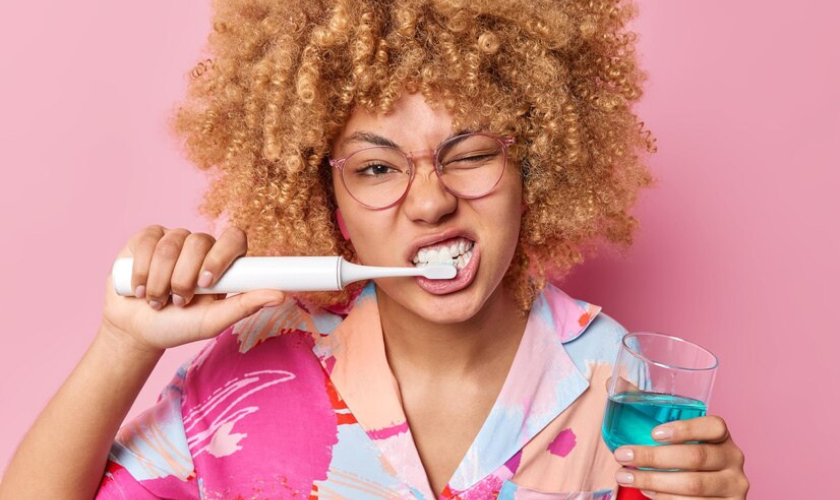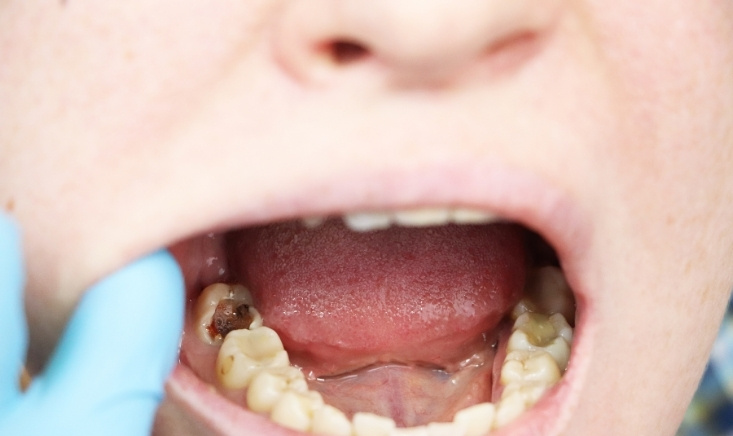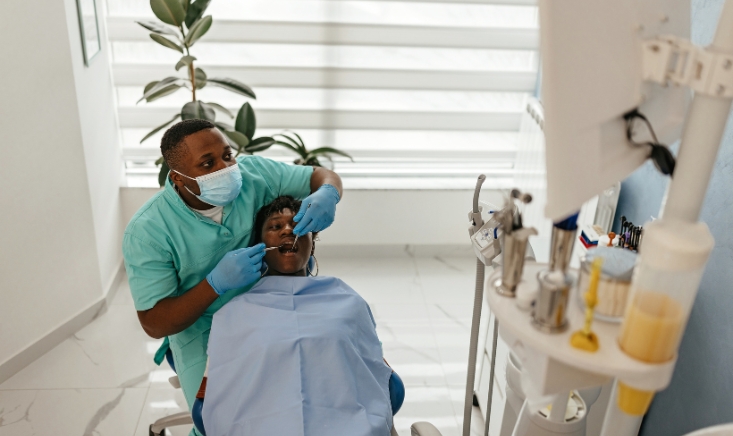2200 AW Grimes Blvd, Suite 100 Round Rock, TX 78665
Unlock Your Brightest Smile: The Ultimate Guide to Dental Hygiene

When it comes to our daily routines, dental hygiene often takes a backseat. Yet, maintaining optimal oral health is crucial not only for a bright smile but also for overall well-being. From preventing cavities to freshening breath, here’s a comprehensive guide to achieving stellar dental hygiene without breaking a sweat.
Brushing Techniques for Sparkling Teeth
A dazzling smile starts with proper brushing techniques. Here are some expert tips to ensure you’re getting the most out of your brushing routine:
Choosing the Right Toothbrush
Selecting the right toothbrush is the first step towards effective oral care. Opt for a soft-bristled brush to prevent damage to your gums and enamel. Electric toothbrushes can also provide superior plaque removal compared to manual ones.
Mastering the Two-Minute Rule
Many people underestimate the importance of brushing for a full two minutes. Set a timer or play your favorite song to ensure you’re giving your teeth the care and attention they deserve. Dividing your mouth into quadrants can help ensure thorough coverage.
Proper Brushing Technique
Don’t rush through your brushing routine. Hold your toothbrush at a 45-degree angle towards your gums and employ gentle, circular motions. Pay close attention to all the surfaces of your teeth, including the fronts, backs, and chewing areas.
Flossing: The Key to Healthy Gums
While brushing is essential, it’s only part of the equation. Flossing plays a crucial role in removing plaque and food particles from between your teeth and along the gumline. Here’s how to make flossing a habit:
Finding the Right Floss
With a variety of flossing options available, it’s essential to find one that works for you. Whether you prefer traditional string floss, floss picks, or water flossers, choose a method that you’re comfortable with and will use consistently.
Proper Flossing Technique
When flossing, use a piece of floss that’s around 18 inches long. Gently guide the floss between your teeth using a back-and-forth motion, making sure to curve it around the base of each tooth. Be gentle to avoid injuring your gums.
Flossing Frequency
Ideally, you should floss at least once a day, preferably before bedtime. However, if you’re unable to floss after every meal, aim for consistency rather than perfection. Any amount of flossing is better than none at all.
The Importance of Mouthwash and Rinse
In addition to brushing and flossing, incorporating mouthwash into your oral care regimen can offer added benefits. Here’s how mouthwash can contribute to a healthier smile:
Fighting Bacteria and Bad Breath
Mouthwash helps kill bacteria that cause bad breath and plaque buildup, leaving your mouth feeling fresh and clean. Look for a fluoride-containing mouthwash to strengthen tooth enamel and prevent cavities.
Choosing the Right Mouthwash
When selecting a mouthwash, consider your specific needs. If you struggle with sensitive teeth or gum disease, opt for a therapeutic mouthwash that targets these issues. For everyday use, an antiseptic mouthwash can help maintain oral health.
Incorporating Mouthwash into Your Routine
To reap the benefits of mouthwash, use it after brushing and flossing. Swish the mouthwash in your mouth for 30 to 60 seconds, making sure to reach all areas. Avoid eating or drinking immediately afterward to allow the mouthwash to take effect.
Healthy Dietary Habits for a Brighter Smile
What you consume can have a significant impact on your dental health. Incorporating nutritious foods into your diet can help strengthen your teeth and prevent decay. Here are some dietary tips for a healthier smile:
Limit Sugary and Acidic Foods
Foods high in sugar and acidity can wreak havoc on your teeth, leading to cavities and erosion of enamel. Limit your intake of sugary snacks, sodas, and citrus fruits, and opt for water or milk instead.
Eat a Balanced Diet
Eating a variety of nutrient-rich foods can benefit both your overall health and your dental hygiene. Incorporate plenty of fruits, vegetables, lean proteins, and dairy products into your meals to provide essential vitamins and minerals for strong teeth and gums.
Stay Hydrated
Drinking plenty of water throughout the day helps wash away food particles and bacteria that can lead to plaque and bad breath. Aim to drink water after meals and snacks to help maintain optimal oral hygiene.
Regular Dental Checkups and Cleanings
While proper home care is essential, it’s equally important to see your dentist regularly for checkups and cleanings. Routine dental visits allow your dentist to assess your oral health, detect any issues early, and provide professional cleanings to remove plaque and tartar buildup.
Scheduling Routine Checkups
Make it a priority to schedule dental appointments every six months, or as recommended by your dentist. During these visits, your dentist will examine your teeth and gums, perform any necessary treatments, and provide personalized advice for maintaining your oral health.
Professional Cleanings
Even with diligent brushing and flossing, it’s challenging to remove all traces of plaque and tartar at home. Professional cleanings by a dental hygienist help ensure that your teeth and gums stay healthy and free of harmful buildup.
Addressing Dental Concerns
If you experience any dental issues between appointments, such as tooth pain or bleeding gums, don’t hesitate to contact your dentist. Prompt treatment can prevent minor issues from developing into more significant problems.
Dental hygiene is the cornerstone of a bright and healthy smile. By following these expert tips for brushing, flossing, using mouthwash, maintaining a healthy diet, and attending regular dental checkups, you can enjoy optimal oral health for years to come. Remember, a visit to your Round Rock dentist is the first step towards achieving your best smile.




